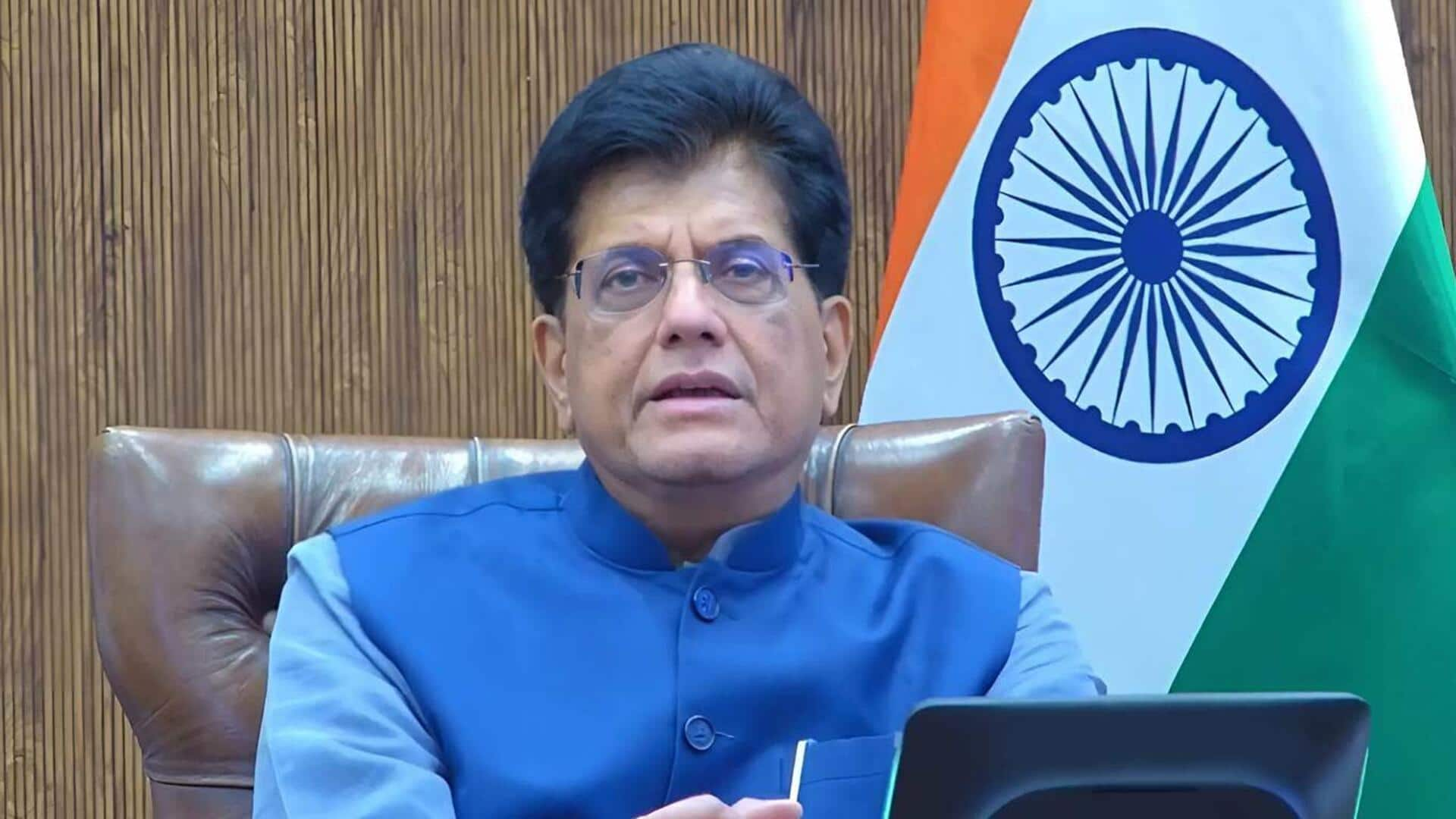
Trade deal with Iceland, Switzerland will be effective this October
What's the story
The Trade and Economic Partnership Agreement (TEPA) between India and the European Free Trade Association (EFTA) will come into effect from October 1, 2025. The announcement was done by Commerce Minister Piyush Goyal today. The landmark agreement, signed on March 10, 2024, is tipped to attract significant foreign direct investment (FDI) and enhance trade relations across various sectors.
Investment goals
TEPA aims to draw $100B in FDI
The TEPA aims to draw $100 billion in FDI into India over the next 15 years. To ensure its smooth implementation, a dedicated India-EFTA desk has been set up to promote trade, investment, as well as business partnerships. The desk will serve as a 'single-window platform' for both governments and private firms, easing access for EFTA-based investors into India's growing sectors.
Economic impact
TEPA includes investment roadmap
The TEPA includes an investment roadmap of $50 billion in FDI in the first 10 years, and another $50 billion in the next five. This is likely to generate one million jobs in India as a direct result of increased investment and trade. However, such targets are contingent on India maintaining an average GDP growth rate of 9.5% in USD terms, which is consistent with its historical growth trend.
Trade expansion
One of India's most comprehensive trade agreements
The TEPA is one of India's most detailed trade agreements and is likely to open premium European markets for Indian exporters. It will also bring capital, innovation, and jobs into the country. For EFTA, this deal offers access to one of the world's fastest-growing major economies, thereby expanding its footprint in South Asia amid global trade realignments.
Unique pledge
A look at the EFTA bloc
The EFTA bloc, which comprises Iceland, Liechtenstein, Norway, and Switzerland, has committed an investment of $100 billion under the TEPA. This is a first-of-its-kind pledge agreed upon in any of the trade deals signed by India so far. The commitment is the key substance of the agreement that took nearly 16 years to conclude.
Market access
Deal will benefit Indian consumers, exporters
The TEPA will benefit Indian consumers by providing access to high-quality Swiss goods such as watches, chocolates, biscuits, as well as clocks at lower prices. This is because India will gradually reduce customs duties on these products over 10 years under the trade pact. The agreement also gives domestic exporters an opportunity to enter EU markets, since more than 40% of Switzerland's global services exports are directed toward the EU.